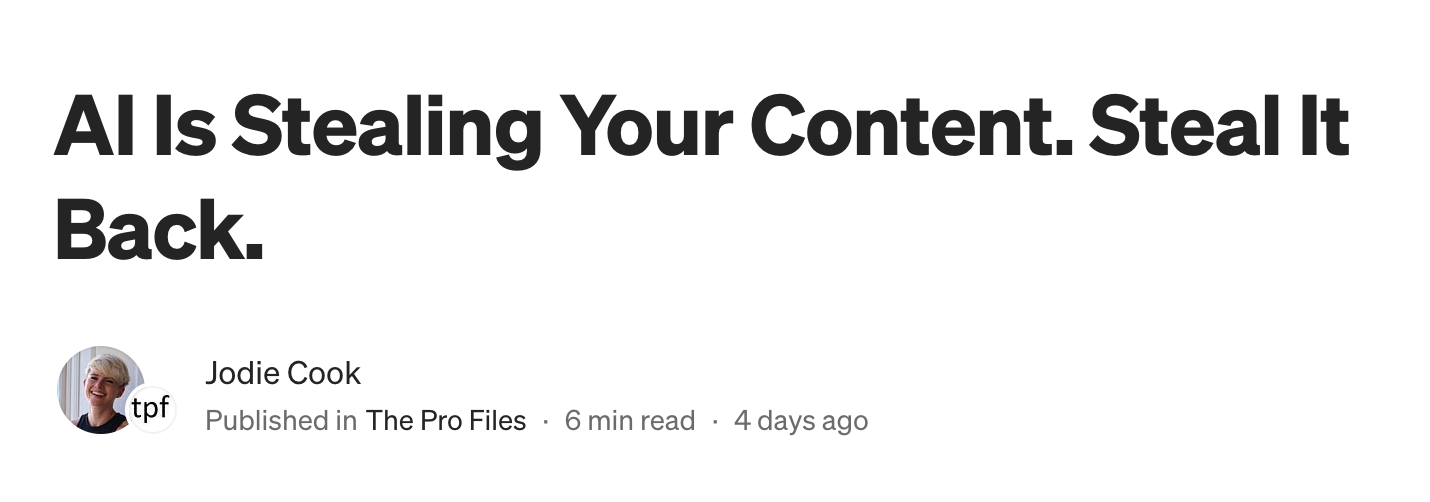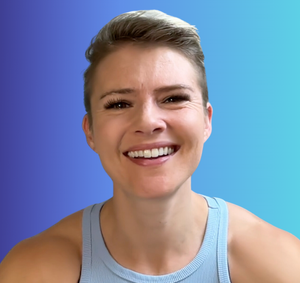ChatGPT can help you do a lot of things. With effective prompting, you can get more done, craft your founder story, write your tweets and overcome imposter syndrome.
But there's a flipside.
Turns out, creators aren’t so happy with large language models being trained on the entirety of the internet, included their copyrighted works.
Right now, Game of Thrones author George RR Martin and novelist John Grisham are suing OpenAI over claims their copyright was infringed to train the system.
Hollywood has just ended a lengthy strike over technology, with “concerns from both writers and actors that unchecked AI could dramatically reshape Hollywood and undermine their roles, pitting artists against robots in a battle over human creativity.”
Tony Stubblebine, Medium CEO, explained that Medium is blocking its content from AI crawlers, believing:
“AI companies have leached value from writers in order to spam internet readers” and they are, “making money on your writing without asking for your consent, nor are they offering you compensation and credit.”
OpenAI CEO Sam Altman agrees that content owners should receive “significant upside benefit” for their original work, and that, “creators deserve control,” but for now it’s up to creators themselves to take control and find those rewards.
This article, that I wrote for The Pro Files, covers the moment I realised ChatGPT was stealing my content, and how we’re helping creators steal theirs back from AI giants.

This 7-minute video, from my interview on Chris Do's podcast The Futur, covers how creators can benefit from the very thing that's threatening them.
How are you using AI instead of letting it use you?









